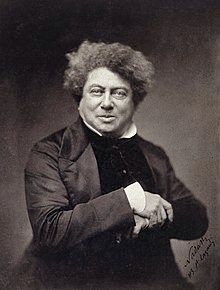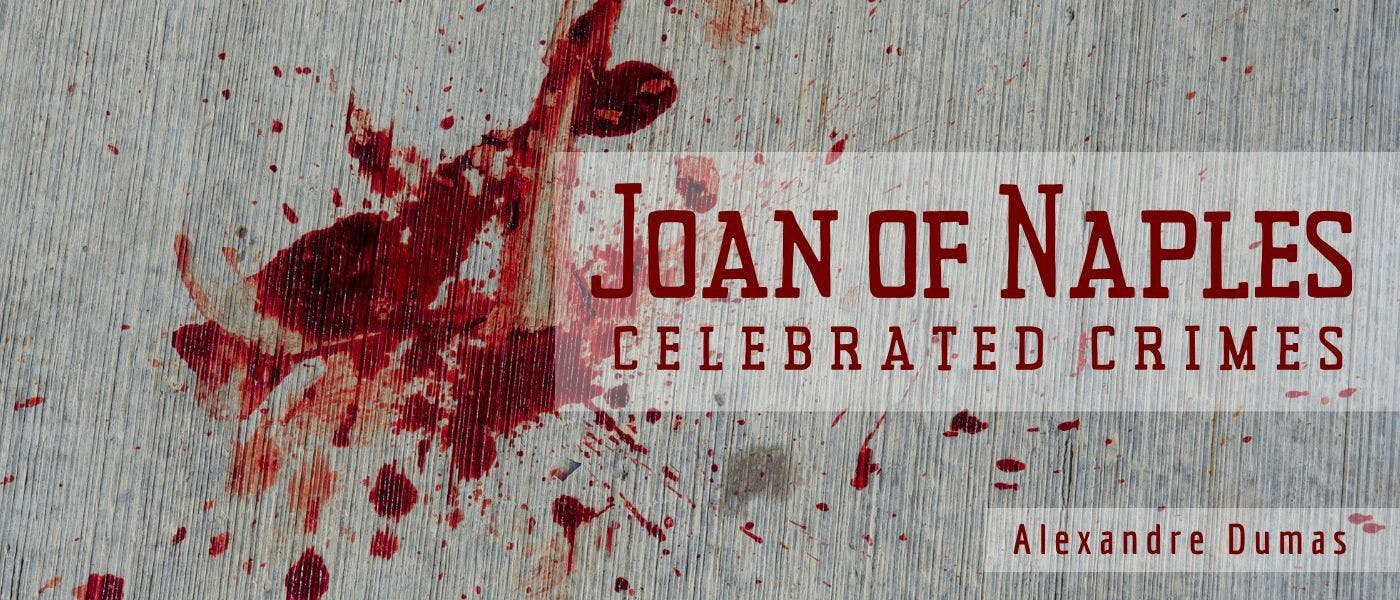The widow of Charles of Durazzo was shut up in the castle of Ovo
by
July 27th, 2023
Audio Presented by

Many of my historical novels of high adventure were originally published as serials, including The Count of Monte Cristo
About Author
Many of my historical novels of high adventure were originally published as serials, including The Count of Monte Cristo
